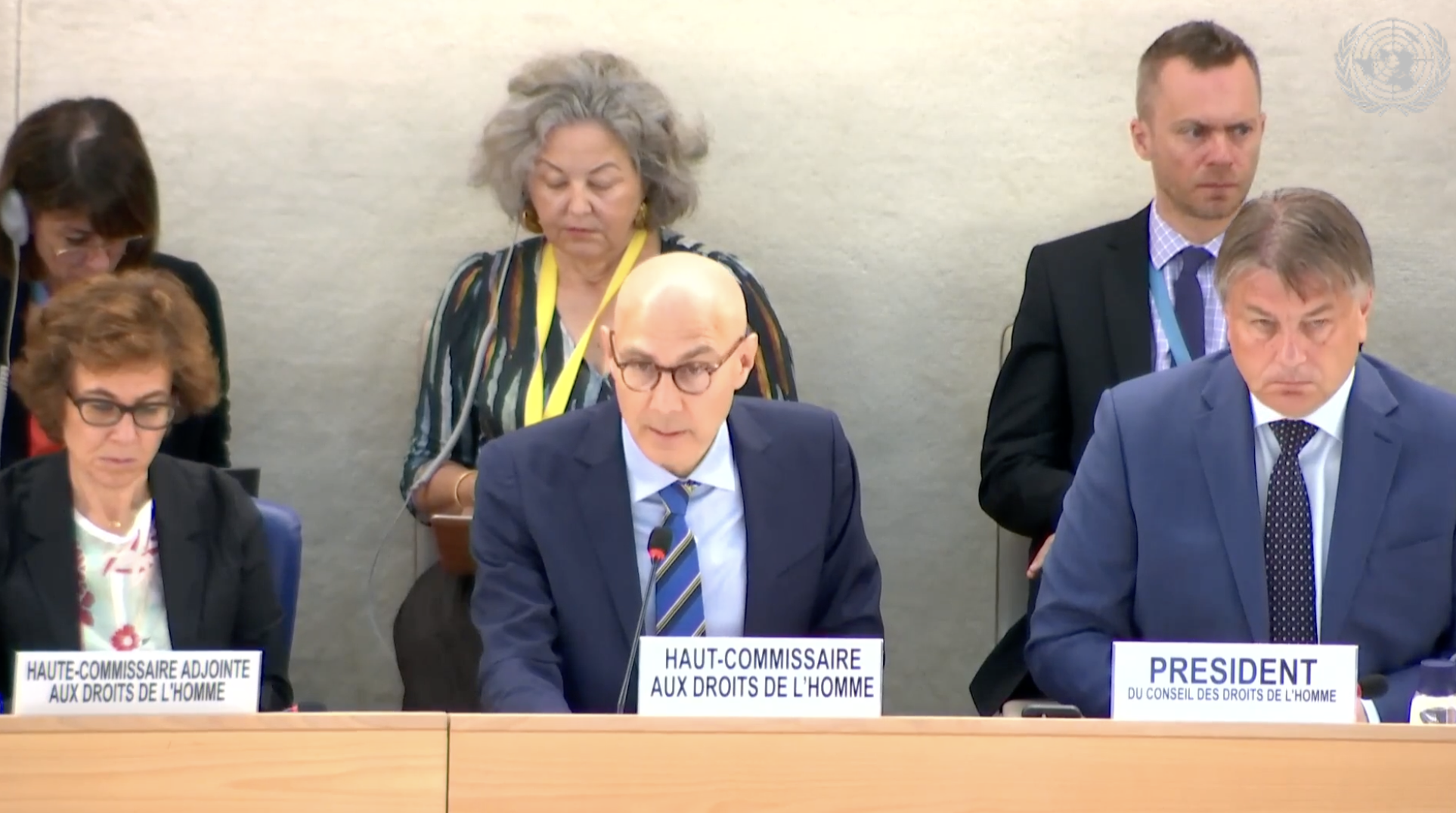
UN High Commissioner for Human Rights Volker Türk called on Sri Lanka to implement the UN's recommendations related to accountability in his statement at the 53rd session of the UN Human Rights Council.
He stated that:
"In Sri Lanka, although the government has regrettably rejected aspects of the Council’s resolutions related to acctountability, it has continued to engage with our presence on the ground. Sri Lanka has received a dozen visits by mandate holders in the past decade and I encourage the authorities to implement their recommendations."
In October 2022, the UNHRC adopted resolution 51/L1 on Sri Lanka, which will “extend and reinforce the capacity of the Office of the High Commissioner to collect, consolidate, analyse and preserve” evidence that may be used in future war crimes trials.
The resolution added that evidence collected could be used in “relevant judicial and other proceedings”, including in courts around the world, to prosecute those accused of violating international humanitarian law.
Sri Lanka slammed the resolution as "divisive and polarising", maintaining that the country "categorically rejects the UNHRC resolution".
Sri Lanak's Foreign Minister Ali Sabry said that the resolution violated the founding principles of the UN and claimed his confidence in Sri Lanka's domestic mechanisms although Tamil activists and victim suvivors have expressed their lack of confidence in domestic mechanisms.
